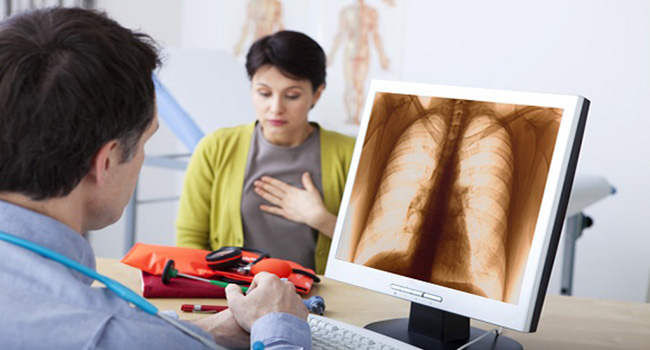
Coronavirus disease-2019 (COVID-19), caused by severe acute respiratory syndrome coronavirus 2 (SARS-CoV-2), has affected millions of people around the globe causing significant morbidity and mortality.
Coronavirus disease 2019 (COVID-19) is defined as an illness caused by a novel coronavirus called severe acute respiratory syndrome coronavirus 2 (SARS-CoV-2), which was first identified amid an outbreak of respiratory illness cases in Wuhan City, Hubei Province, China. It is a multi-system disease that primarily affects the lungs but can progress to involve other organs and eventually lead to multi-organ failure and death.
Many people recovering from COVID-19 experience prolonged symptoms, particularly breathlessness. This emphasizes the need to identify safe and effective COVID-19 rehabilitative strategies to aid in the recovery of these patients. One such strategy is inspiratory muscle training (IMT).
Understanding Inspiratory Muscle Training
What is inspiratory muscle training? When we breathe in, we use certain muscles to expand our lungs and draw air in. These muscles include the diaphragm and the muscles between our ribs. Inspiratory muscle training involves exercises that specifically target these muscles, making them stronger and more efficient.
Clinical Trial
A clinical trial has explored the use of a specific type of training called "inspiratory muscle training" in a bid to enhance the recovery of individuals who have had COVID-19. This training focuses on strengthening the muscles responsible for breathing in, and the results show promising benefits for post-COVID-19 patients.
The trial involved a group of 281 individuals who were recovering from self-reported COVID-19. They were randomly divided into two groups: one group received inspiratory muscle training, while the other group received usual care. The training group underwent a series of exercises designed to strengthen their breathing muscles, using specialized equipment. The progress and recovery of both groups were closely monitored and compared over a specific period of time.
